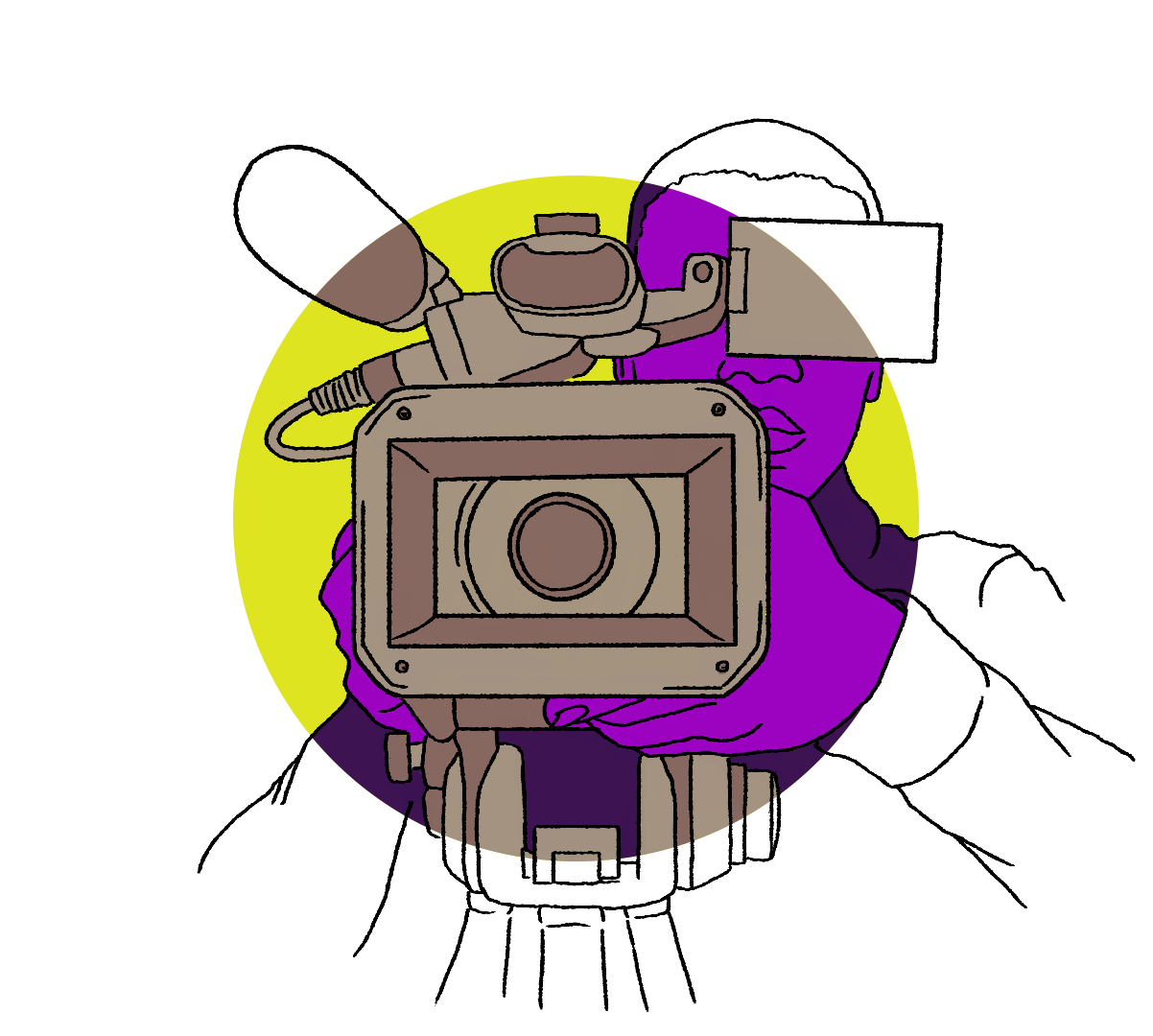A new kind of media company aims to extend the pen and the microphone to a wider range of storytellers, while setting standards of accountability and transparency.
In 2018, we created Level Forward, a new kind of media company registered as a public benefit corporation (PBC), cementing our commitment to balance shareholder return with public good. From inception, we have been unwavering in challenging tentpoles of the status quo, pursuing change on project and systems levels, and attempting to balance dual value creation – financial and social – as we strive to be a profitable PBC startup in media.
Our lofty mission has been to extend the opportunity of, and access to, creative excellence in furtherance of equity and economic transformation. We chose these pursuits because opportunity, in the storytelling industries, has historically been limited to a select few, and most traditionally, white, cisgender men, with specific and largely privileged experiences to share. This narrow purview limits who holds the pen, the microphone, and who can access the work, often skipping marginalised communities where inspiration and hope are needed most.
We have made some progress. We created the first open-source financial waterfall participation agreements, through which non-profit partners share in back-end profits of projects such as the film The Assistant. We incorporated the first impact fees in production budgets, supporting the Impact Advisory Board of musical Jagged Little Pill, a travelling art exhibit for the play What The Constitution Means To Me, and storytelling workshops for Appalachian youth inspired by our film Holler. We created a Gun Neutral offset – a programme we launched with Tony-winner Oklahoma!. We helped produce two of the first Black Outs on Broadway, and free Sunday Talks, with our Slave Play partners. We developed unique Arts Action programming for companies to advance cultural learning. We have greenlit feature films from first-time writer/directors, curated several multi-media portfolios, and earned Critic’s Picks, Tony Awards and an Emmy for our creative work. And, because of our incredible roster of values-aligned investors, we’ve deployed millions of dollars that made all of this good work possible, including causing cash payments of more than US$300,000 to our non-profit partners.
Internally, we brought antiracism training to our company in 2019 and initiated a weekly meeting of white employees and a monthly joint meeting tackling topics such as privilege naming and performative activism. We work through questions about our own social identification: Are we a predominantly white institution? Multiracial? How do we define these descriptions and how do our partners? We weeded out non-disparagement agreements from personnel contracts, and ensured that all employees hold stock options in the company. And, on a personal note, we’ve held my CEO’s salary to no more than four and a half times that of our median full-time employee since the company’s inception.
We dream big while we fall short, we make mistakes and we learn so as not to repeat them
With strides forward, we have also made missteps, hit walls and generated unanticipated consequences. In creating opportunities that were previously unavailable, we fell short in providing support to combat the tokenism arising from being first and sometimes only. Our early antiracism work needed more preparation than we gave it. Our Black Outs and LGBTQIA+ programming have created a delicate set of questions around how to discern who can work in community-only spaces. We continue to parse through the complicated facets of who gets to tell what stories, and while we offer chances to step outside of past trauma, it has taken time to realise the significant privilege needed to do so. Perhaps most profoundly, the reality of our entrepreneurial culture – a start-up with limited resources and an aspiration to be an exemplar of a new workplace – can often feel too disconnected from our potential.
Accomplishments and setbacks co-exist in every company and organisation, among leadership and within individuals, and these particularly difficult pairings seem to flourish in enterprises committed to social impact, where expectations can soar. Neither people nor organisations are linear, and with change coming in fits and starts, from and in all directions and at different velocities, the work can feel chaotic and discordant. It can happen that the things we say and the decisions we make do not always align with the constant neuroplasticity of our brains, the hypertrophy of our hearts or the cultural headwinds of our society. We dream big while we fall short, we make mistakes, and we learn so as not to repeat them.
I wish there were a way that we could see and plan ahead for every cause-and-effect reverberation of progress. Level Forward came with neither a blueprint nor a roadmap to guide us in crisscrossing the expectations of people and communities who had felt invisible or silenced, and who rightly held our small company, and me as a leader, to account for our stated aspirations. Amid the forward, and the swell of potential, there are times I fell short and still do.
As you traverse similarly uncharted terrain, learn from my mistakes: overestimate the difficulty of intersectional work spanning culture, capital and creativity, and underestimate your abilities to resolve the complications that will ensue. Make sure you have a great support system in place, with specialised help, and figure out how to ask for it, especially when you struggle to do so. Spend time with your team; you will succeed because you made it a priority to get to know them. Value how you do the work over declaring what it is. Finally, don’t be afraid to share what you did wrong with your investors: if you choose wisely as you source capital, they will be there when you fall down, just as they are when you leap ahead.
Never have the cross-currents of cultural change and economy converged as they do today. Our challenges remain plentiful and ongoing. As leaders, we must prepare to admit our mistakes, apologise and learn as publicly as we pronounce achievements. It may be that the ultimate way to Level Forward is to be transparent in these struggles. If these things happen in your work, consider how it can be a most meaningful step forward to share them.








